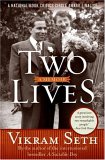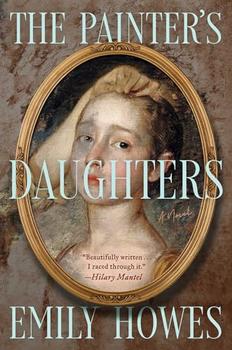Summary | Excerpt | Reading Guide | Reviews | Beyond the Book | Read-Alikes | Genres & Themes | Author Bio

Critics' Opinion:
Readers' Opinion:
First Published:
Nov 2005, 512 pages
Paperback:
Jun 2006, 544 pages
 Book Reviewed by:
Book Reviewed by:
BookBrowse Review Team
Buy This Book
Please be aware that this discussion guide will contain spoilers!
Spanning almost the entire breadth of the twentieth-century, the life, friendship and marriage of Shanti Seth and Helga "Henny" Caro bookend a particularly violent slice of European history included the Second World War, the Holocaust, the collapse of imperialism in Europe and Asia and the division of Germany and the Middle East. The unlikely coupling and five-decade-long love affair between this European-educated Indian dentist and German-bred Jewish woman form the centerpiece of acclaimed author Vikram Seth's dual-biography of his beloved Aunt and Uncle—and provides a stunning meditation on the resiliency of an entire generation that experienced firsthand the depths of human cruelty and horror.Unless otherwise stated, this discussion guide is reprinted with the permission of Harper Perennial. Any page references refer to a USA edition of the book, usually the trade paperback version, and may vary in other editions.




The single biggest problem in communication is the illusion that it has taken place
Click Here to find out who said this, as well as discovering other famous literary quotes!
Your guide toexceptional books
BookBrowse seeks out and recommends the best in contemporary fiction and nonfiction—books that not only engage and entertain but also deepen our understanding of ourselves and the world around us.